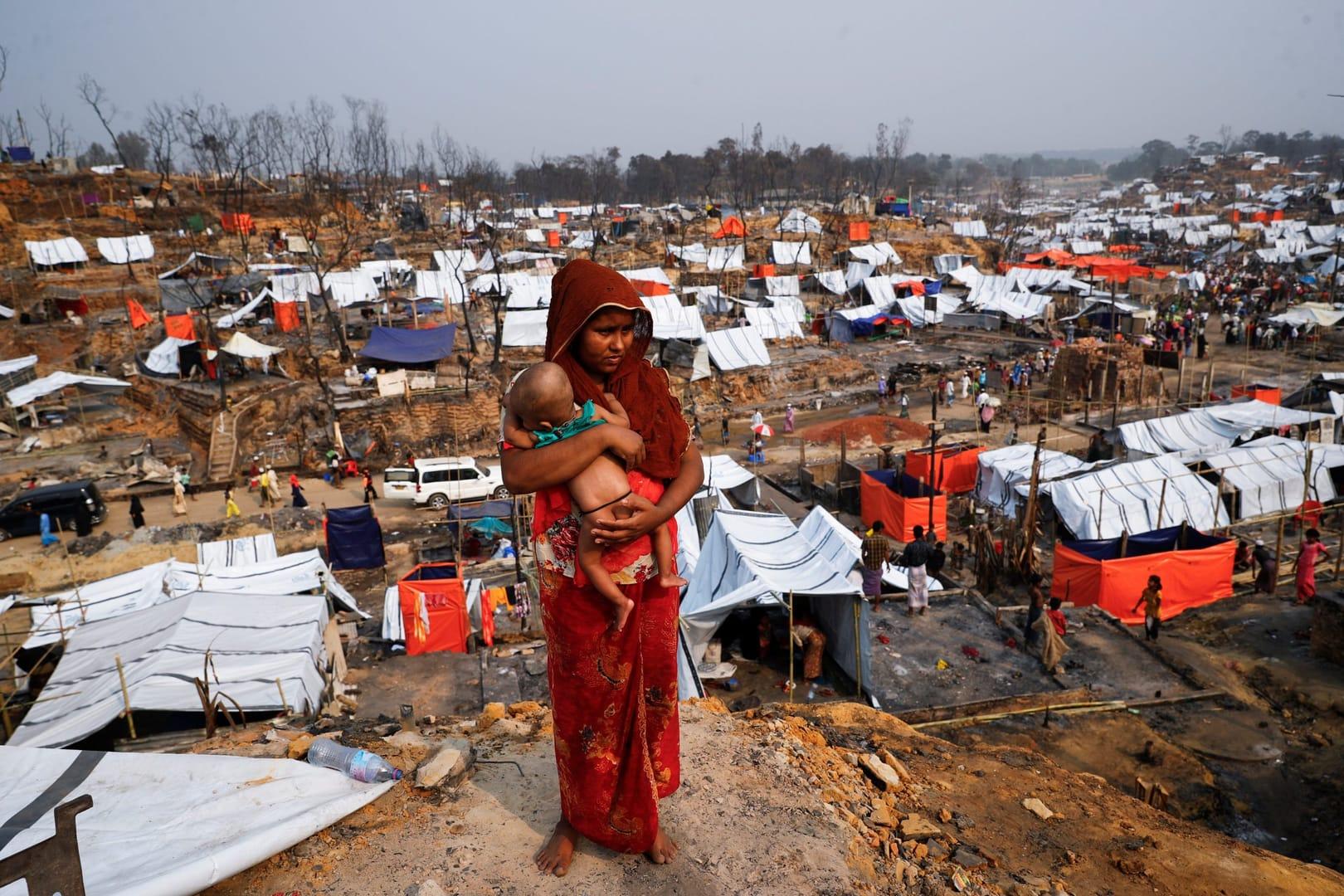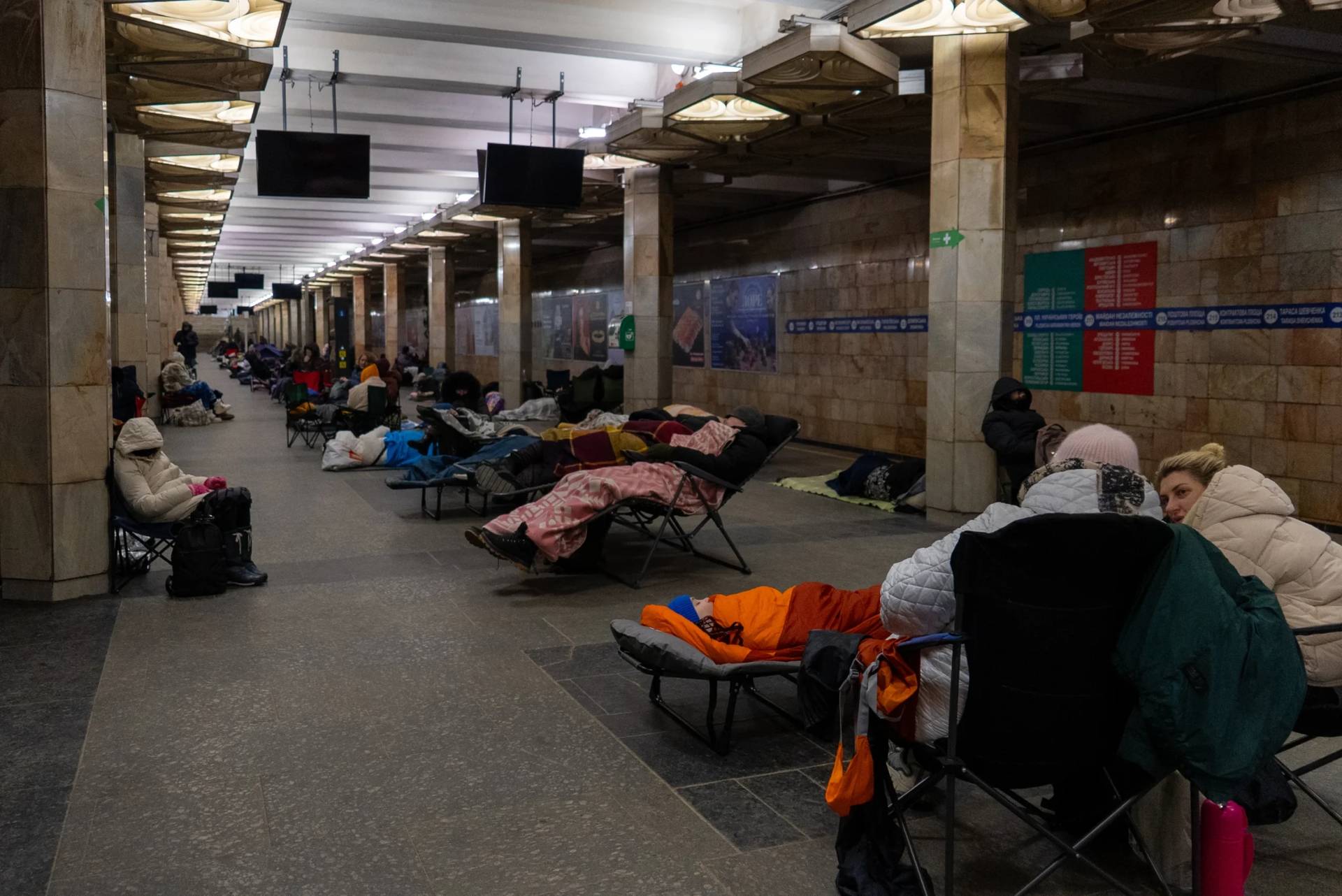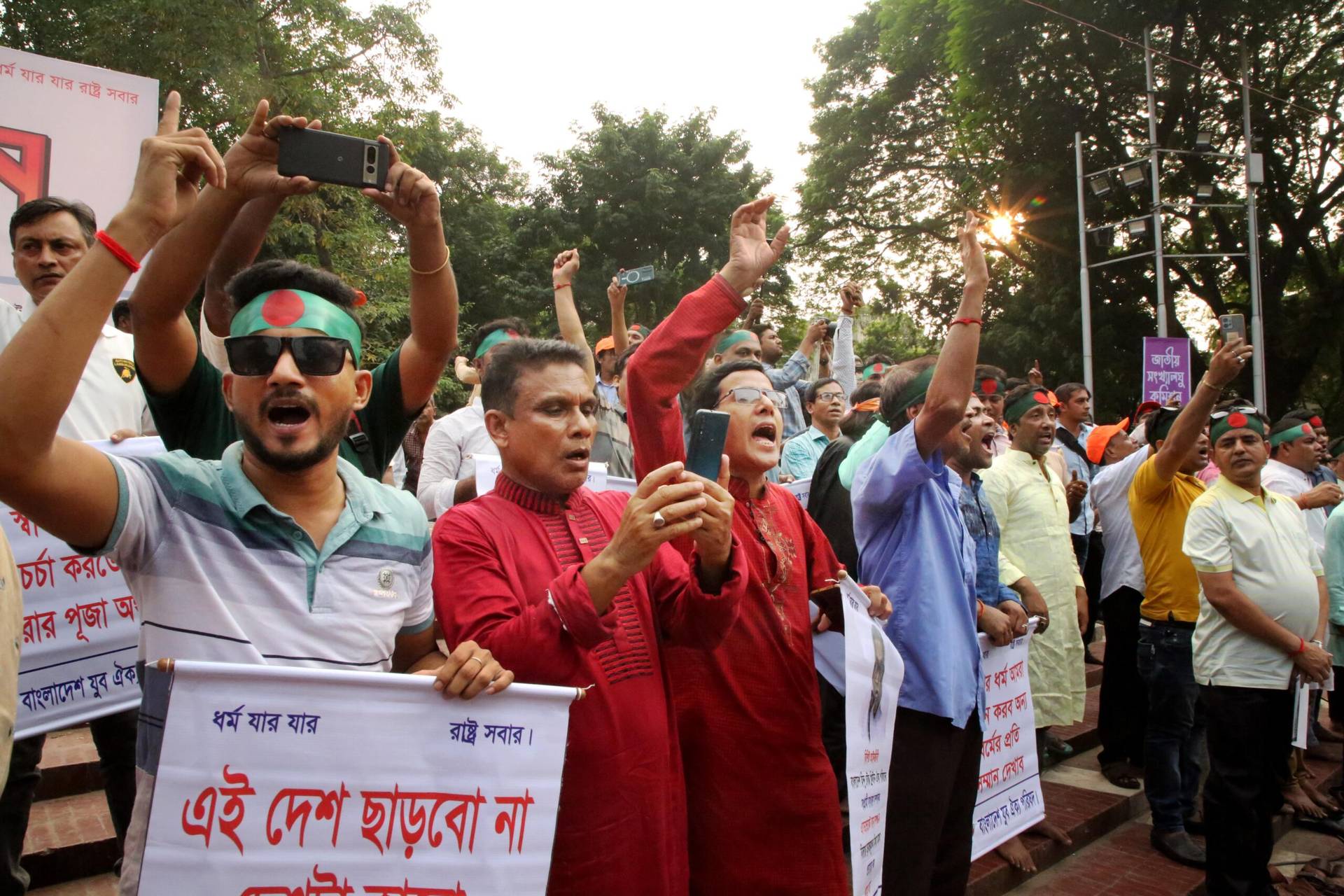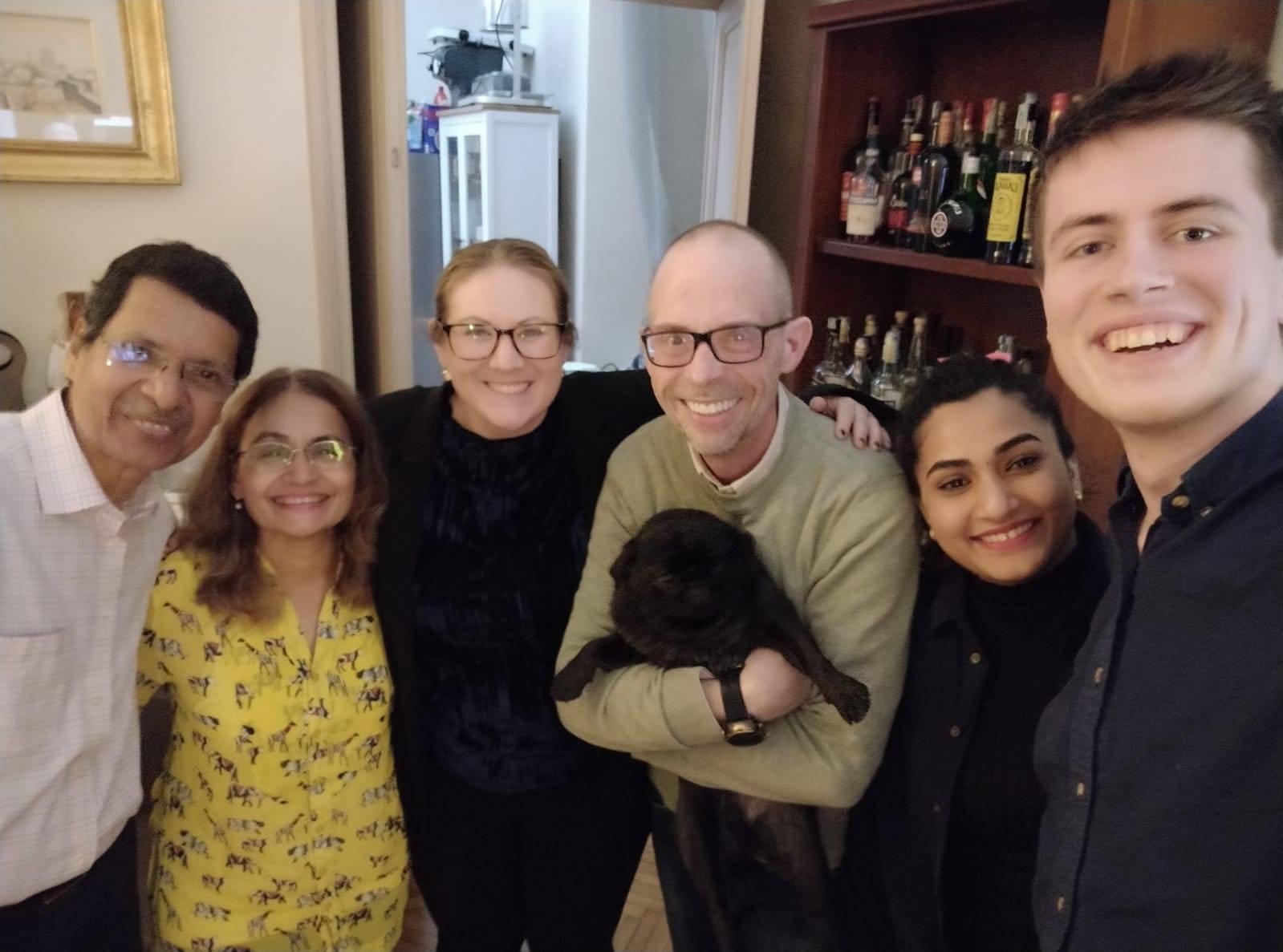Even as the last of five fires was still out of control among clusters of tents and shelters that house 600,000 Rohingya refugees in Cox’s Bazar, Abdullah Fuad, head of programs for Caritas Bangladesh, was thinking of the women and children who have now endured one more disaster.
“We are still counting the number of damaged households and the number of people affected,” he told The Catholic Register, Toronto, just hours after the fire broke out March 22.
By early the next morning, there were 15 confirmed dead, according to media reports. A situation report from Caritas Bangladesh estimated more than 17,500 households had been burned out by the fire, displacing nearly 88,000 people.
The fire broke out at about 3:30 p.m. in camp 8W of the massive refugee settlement just across the border from Myanmar, said the Caritas Bangladesh situation report. The fires were not fully contained until nearly midnight.
The camp mainly houses women and children, while men travel back and forth between their homeland and the world’s largest refugee camp, trying to support their families and maintain a connection to their farms.
This is the second fire in less than three months to strike Rohingya refugee camps in Bangladesh. In January, more than 550 shelters were destroyed or damaged, displacing about 3,500 people.
In 2017, the Myanmar military launched genocidal attacks on Muslim Rohingya villagers in response to a guerrilla attack by the Arakan Rohingya Salvation Army.
Within a year of Myanmar’s military crackdown, there were nearly 1 million refugees crowded onto a muddy flood plain near the tiny Bangladeshi tourist town of Cox’s Bazar.
Beginning with a network of parish volunteers, Caritas Bangladesh emerged as one of the first organizations in the camp. It is part of the Caritas Internationalis network of aid agencies that includes Canada’s Development and Peace, Catholic Relief Services in the U.S., CAFOD in Great Britain and Trócaire in Ireland.
Caritas Bangladesh provides food, hygiene and psychosocial supports to about 30,000 families, at least 120,000 people, Fuad said.
“Right now the main priority is to save their lives and keep them in a safe position,” Fuad told The Catholic Register.
Parts of the camp where Caritas Bangladesh provides direct service to people were not affected by the fires, but the newly homeless refugees soon flooded the Caritas areas. Caritas Bangladesh was able to offer shelter in multipurpose women and girl centers.
Fuad said Caritas was trying to coordinate with U.N. agencies and other nongovernmental actors to get a handle on what’s needed and who needs help. Building materials were being sent to the International Organization for Migration, responsible for providing housing, according to a March 23 report from Caritas Bangladesh.
Swan is associate editor of The Catholic Register, Toronto.












